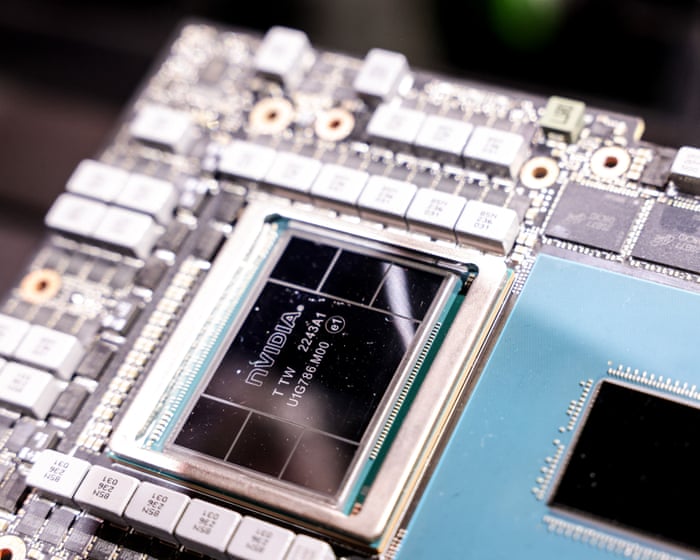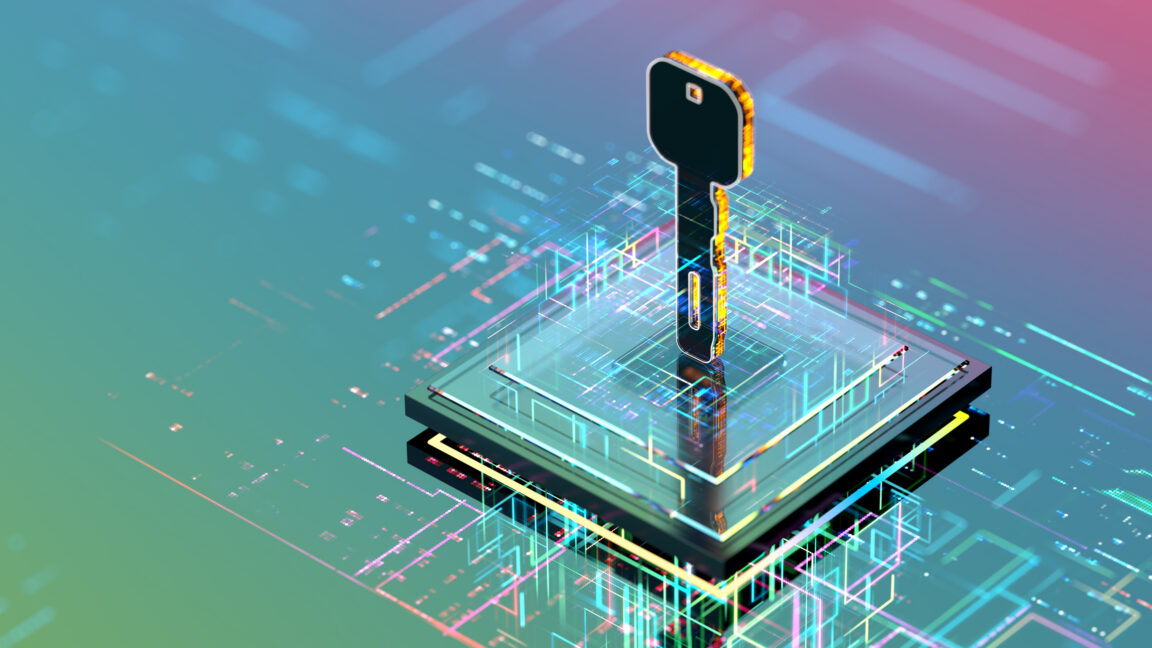An ex-Intel CEO’s mission to build a Christian AI: ‘hasten the coming of Christ’s return’
PositiveArtificial Intelligence

Patrick Gelsinger, the former CEO of Intel, is now leading Gloo, a tech company aimed at integrating Christian values into the digital landscape. His vision is to create a 'faith ecosystem' that supports churches and Christian organizations, similar to how Salesforce supports businesses. This initiative is significant as it seeks to blend technology with spirituality, potentially influencing how faith communities engage with modern tools and resources.
— Curated by the World Pulse Now AI Editorial System









